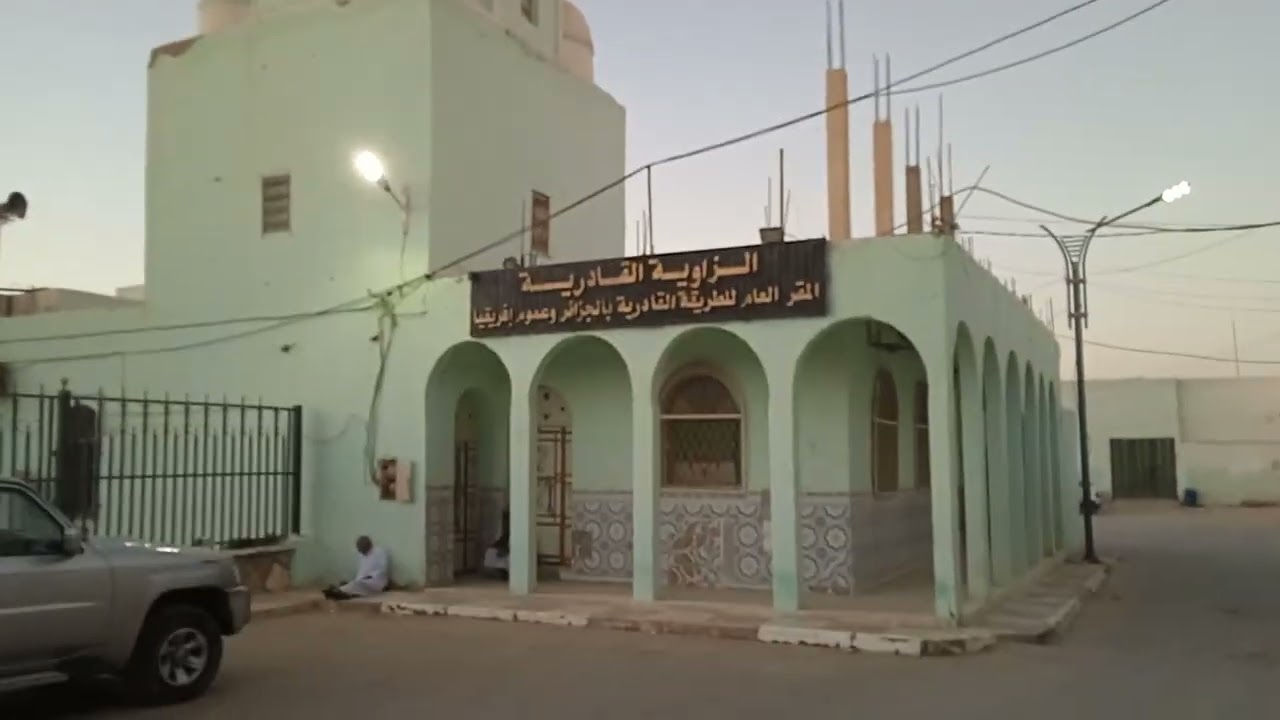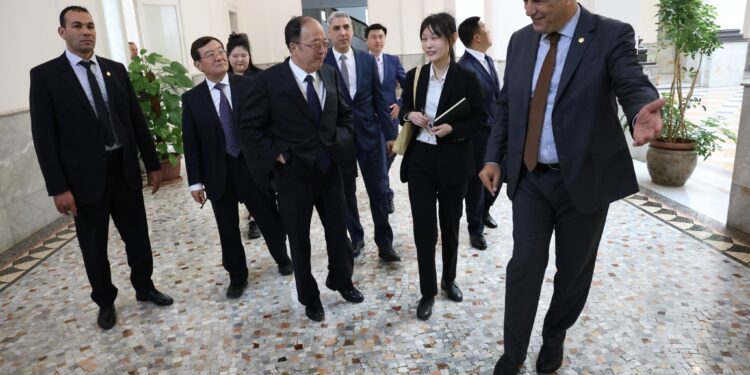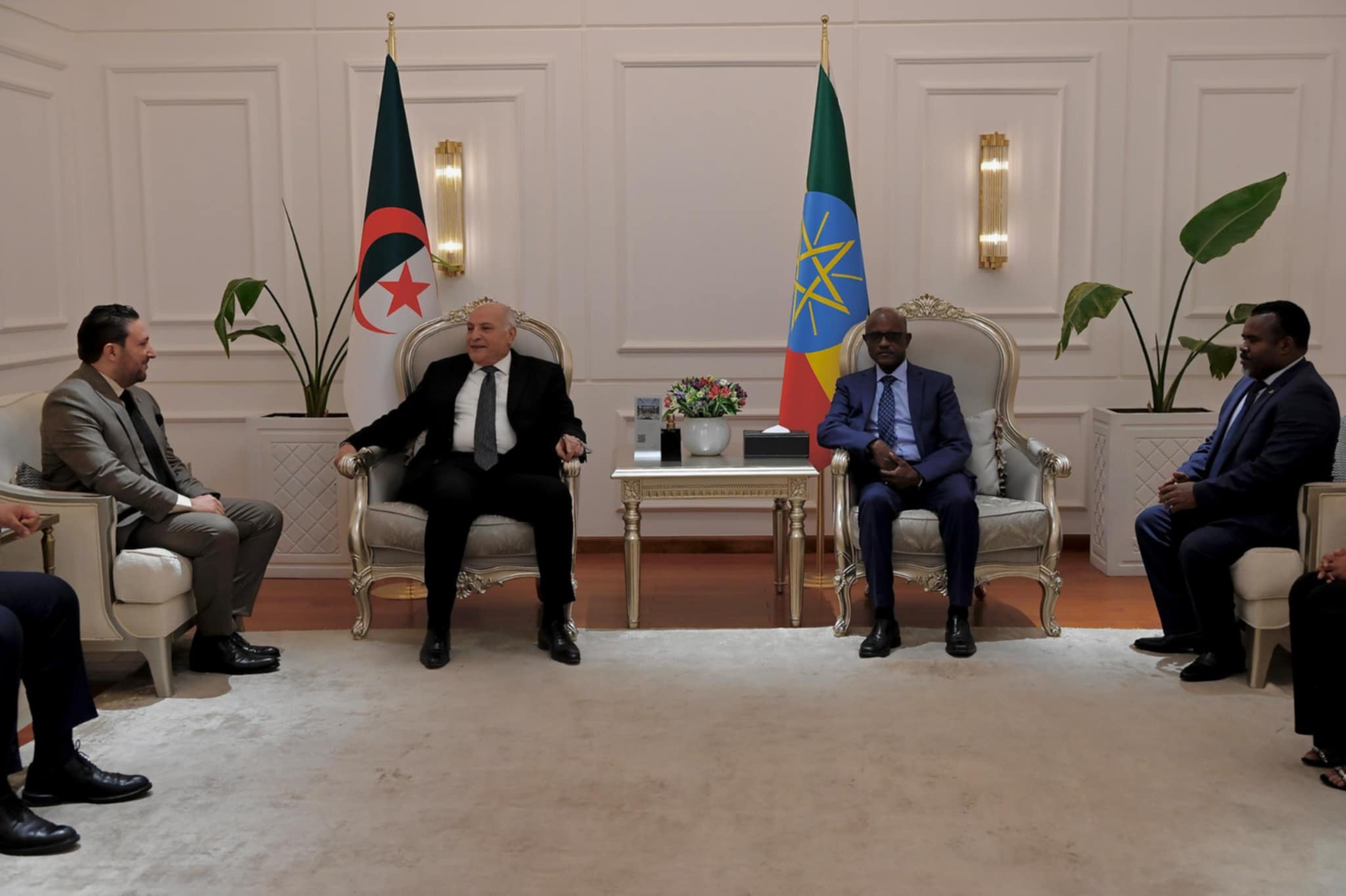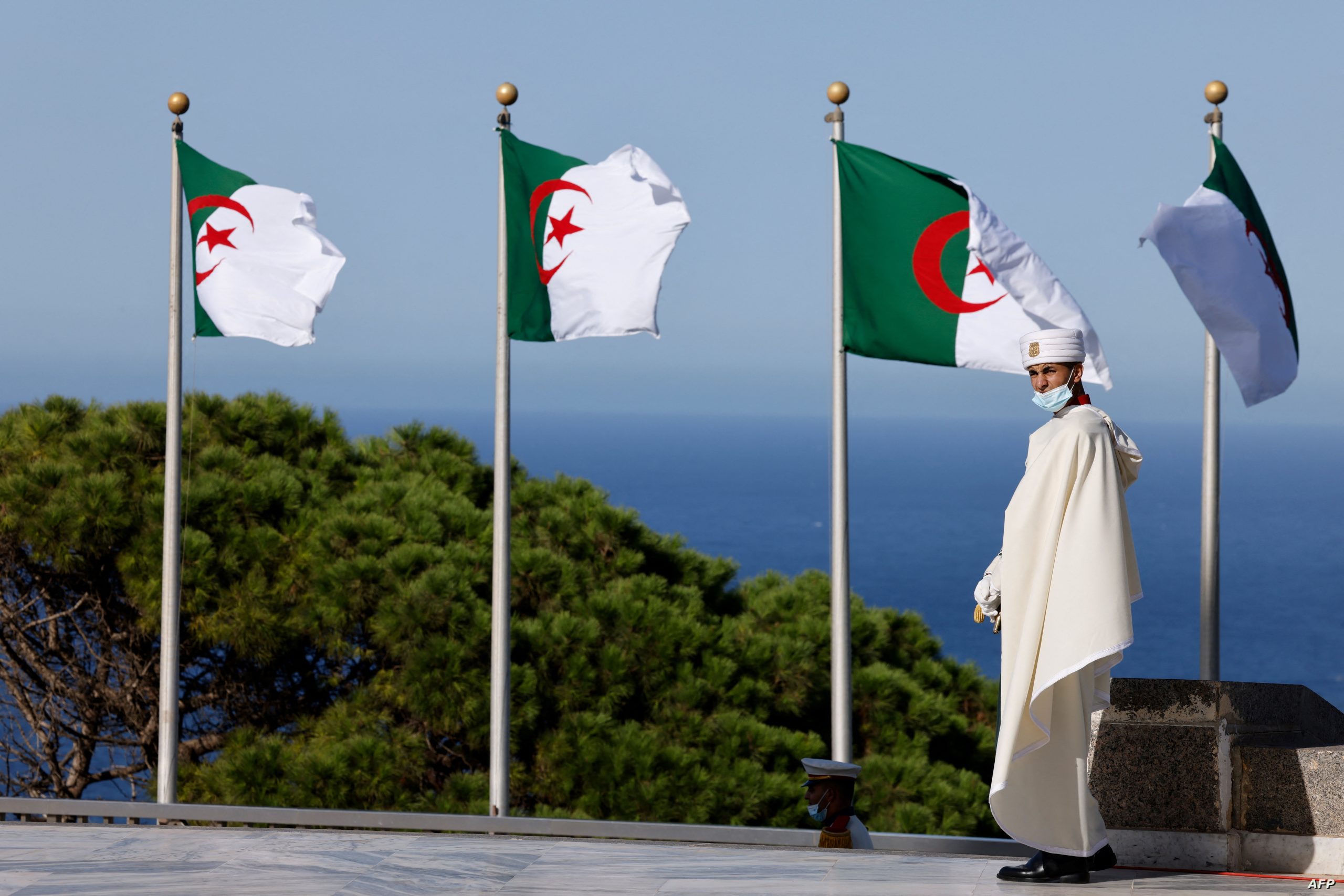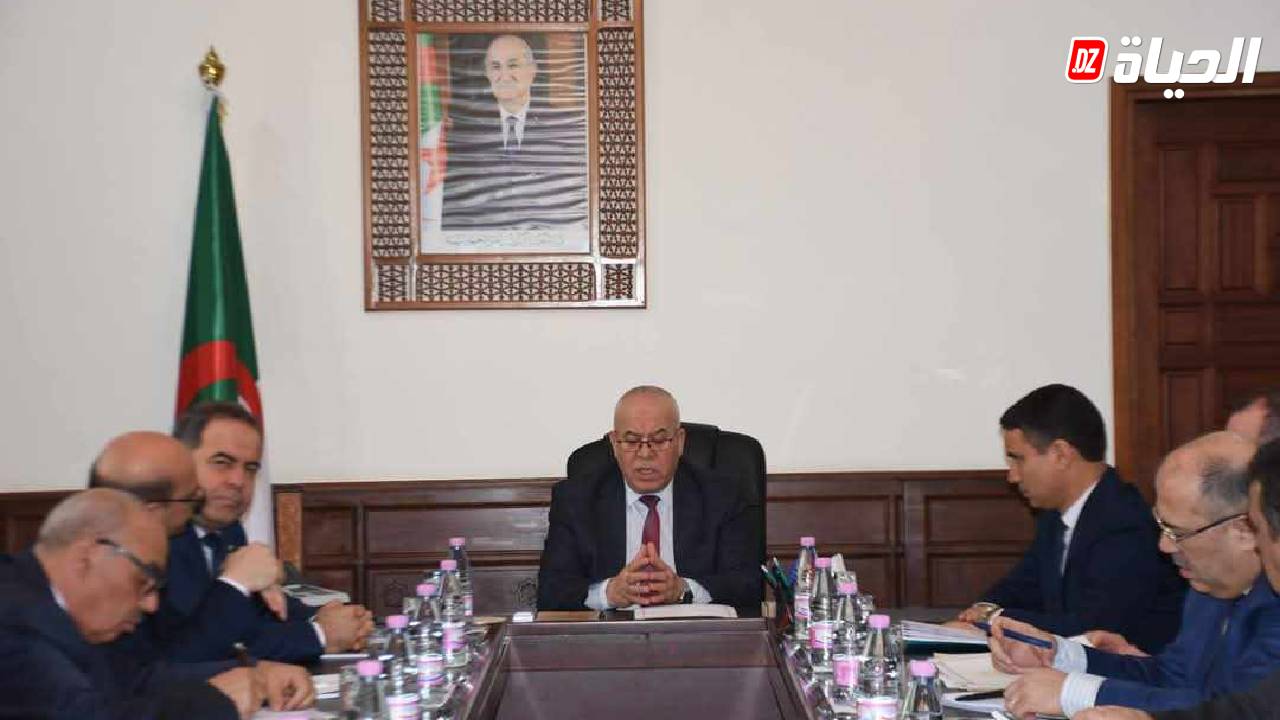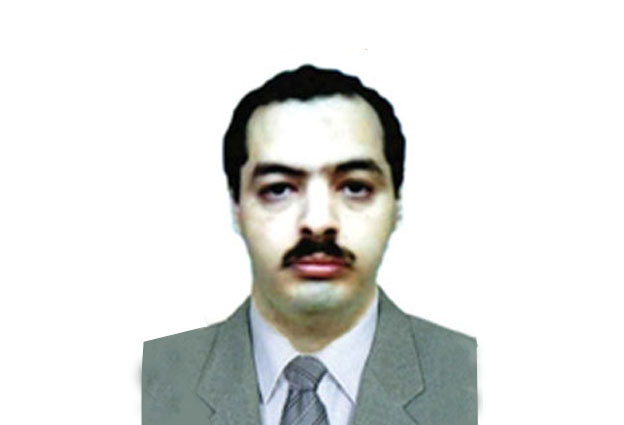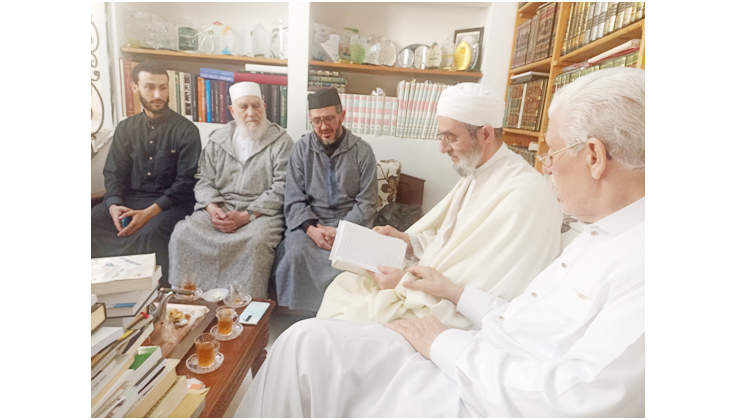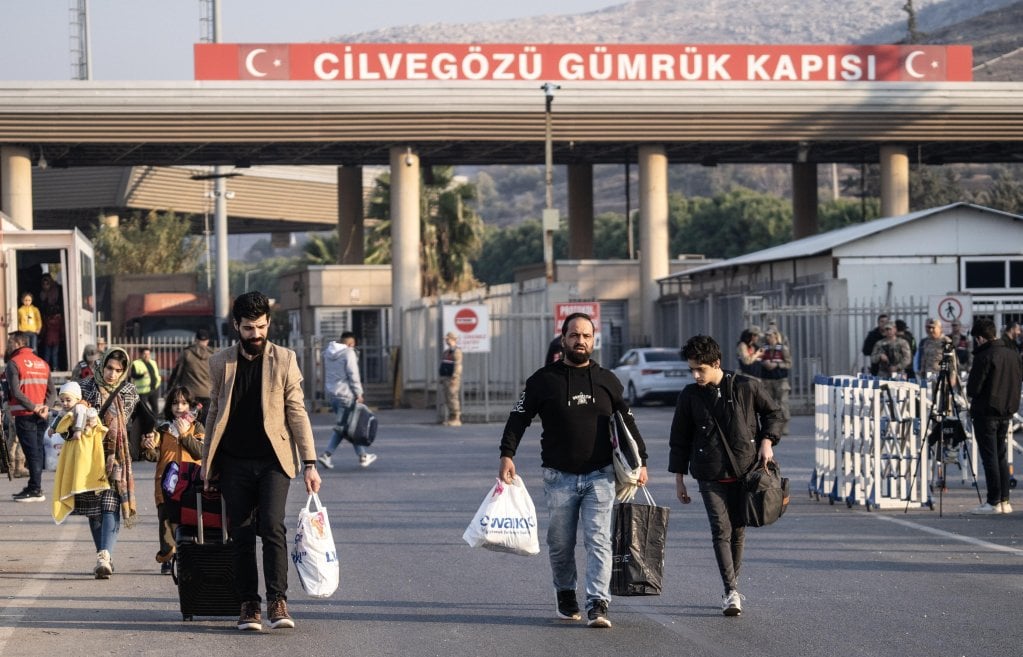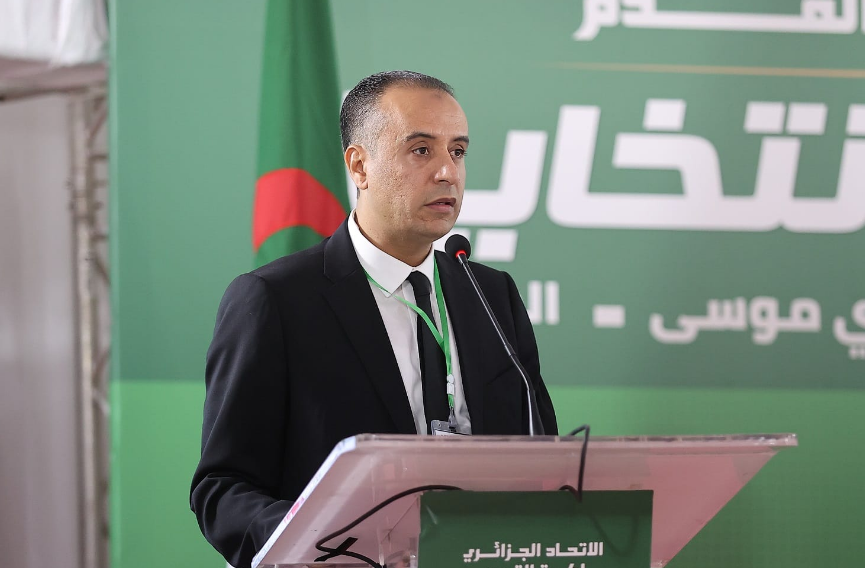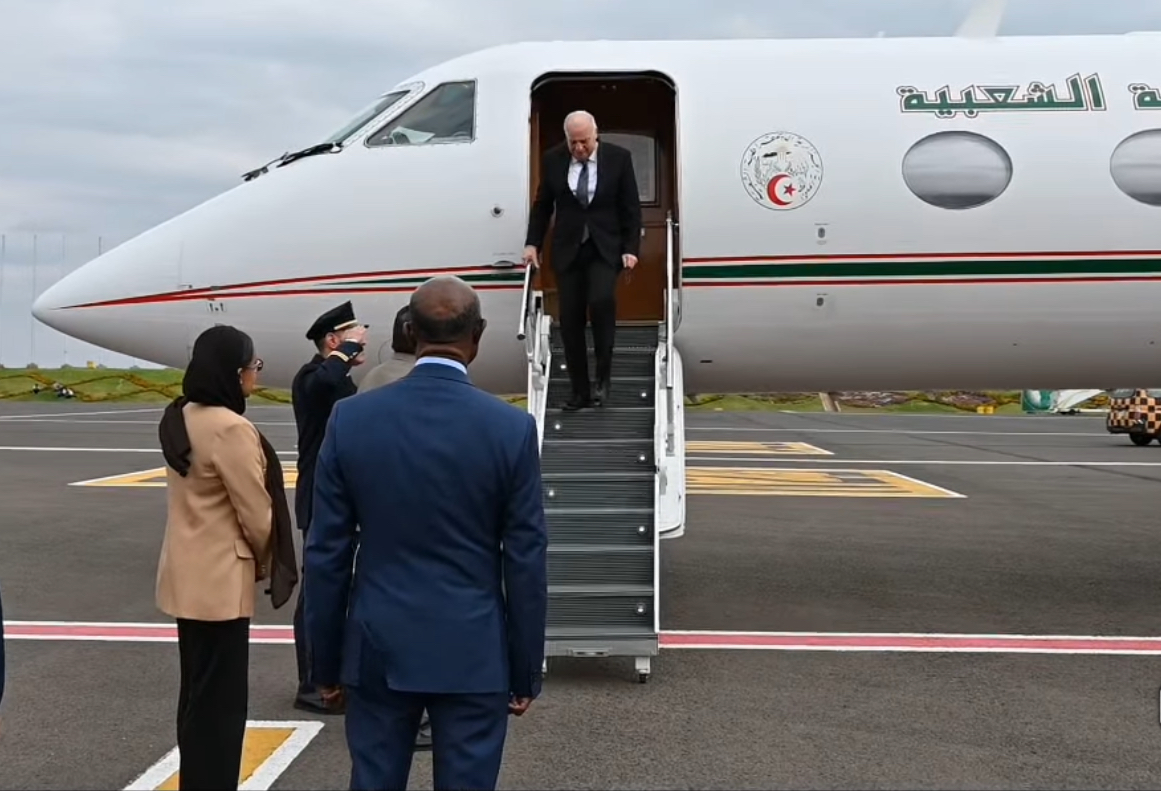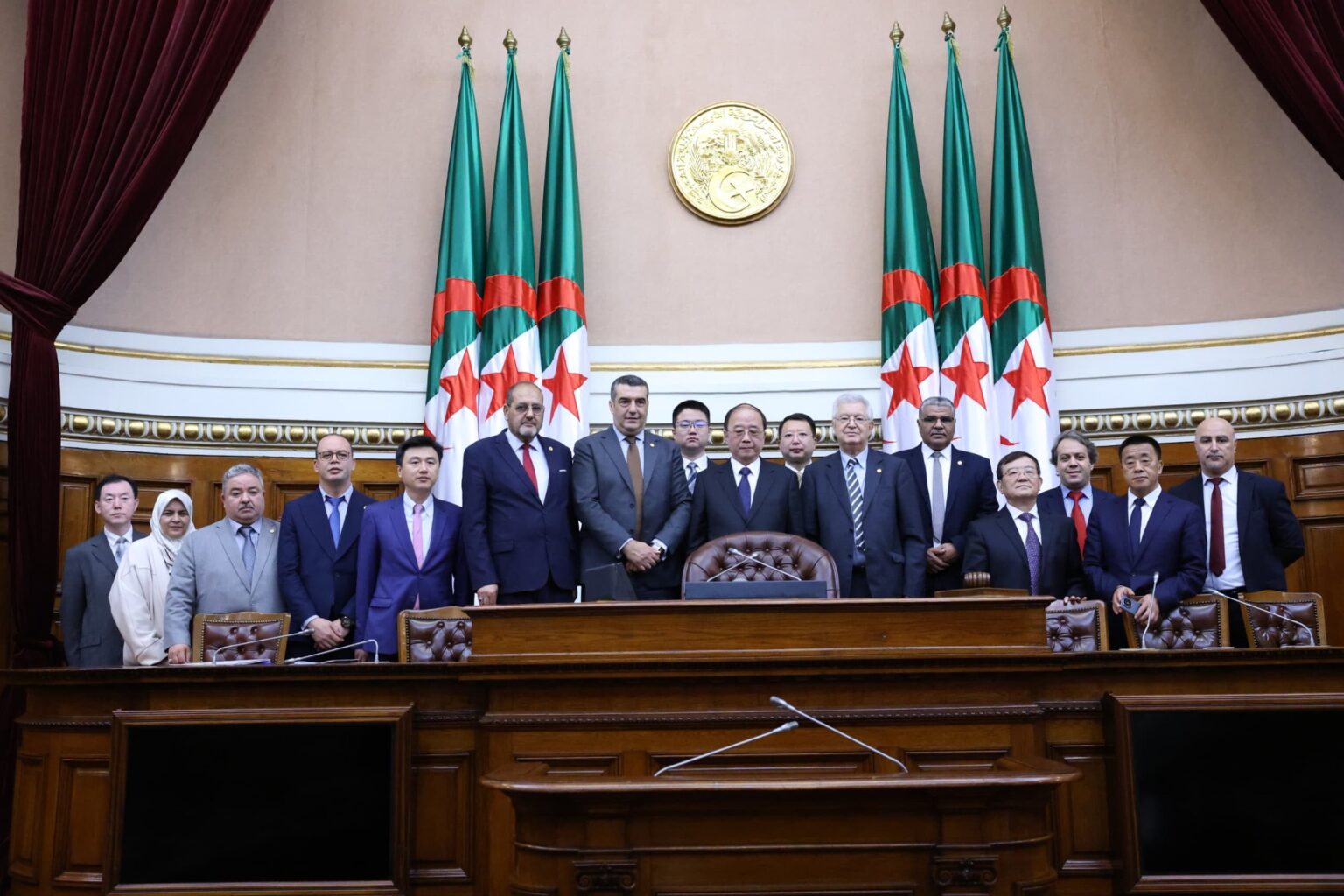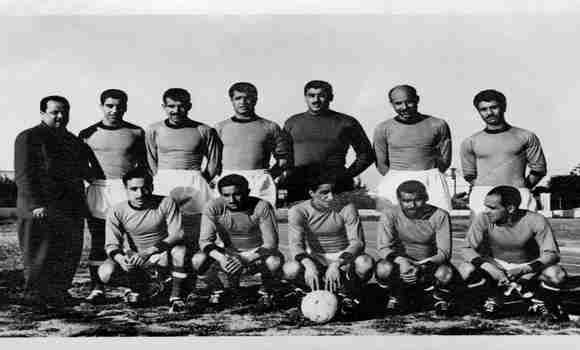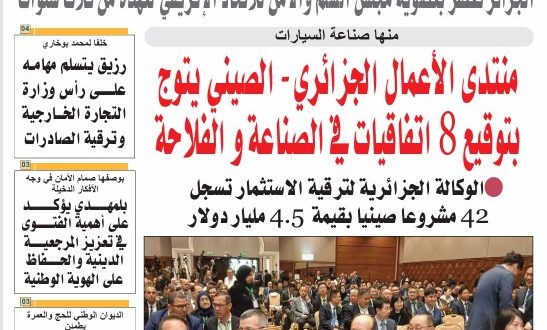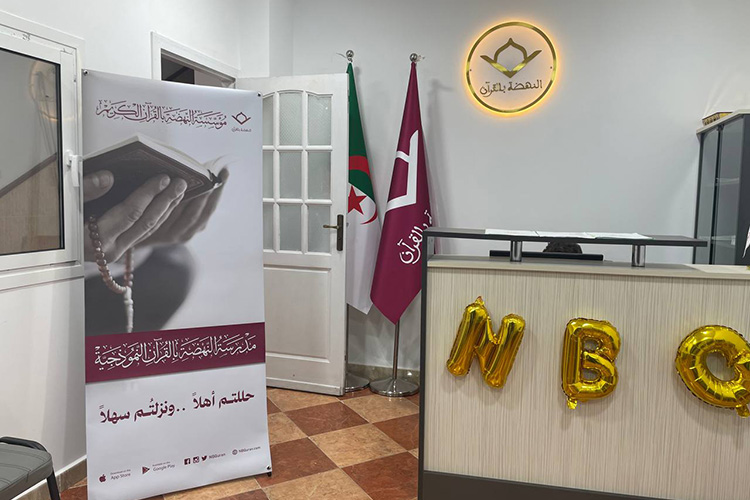The Vienna Convention On Consular Relations Exposes France
The French side bears responsibility for the setback that has affected bilateral relations, following the imprisonment of an Algerian consular employee outside of consular norms, just a week after the visit of French Foreign Minister Jean-Noël Barrot, which came as a culmination of rapprochement between the highest officials of the two countries. Contrary to what […] The post The Vienna Convention On Consular Relations Exposes France appeared first on الشروق أونلاين.
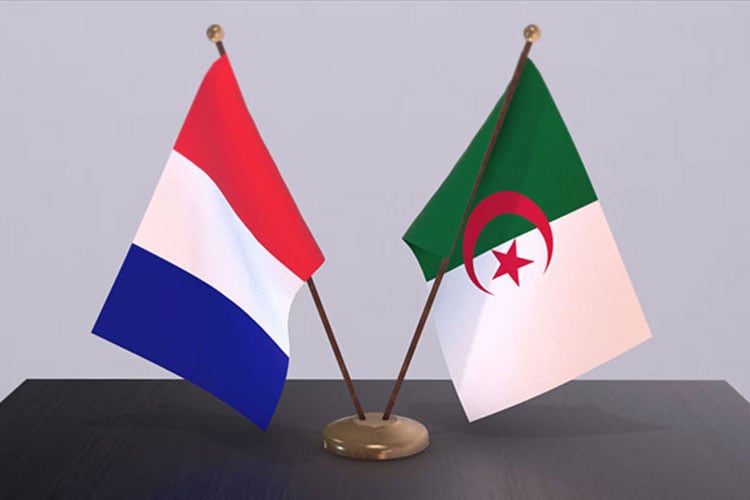

The French side bears responsibility for the setback that has affected bilateral relations, following the imprisonment of an Algerian consular employee outside of consular norms, just a week after the visit of French Foreign Minister Jean-Noël Barrot, which came as a culmination of rapprochement between the highest officials of the two countries.
Contrary to what is stipulated in the Vienna Convention on Consular Relations of 1963, which regulates relations between states, Paris took action on Friday by detaining an employee at the Algerian consulate in “Créteil” in the French capital, Paris, in a blatant and serious violation of this employee’s rights, assaulting their dignity and the reputation of their country.
The Vienna Convention on Consular Relations emphasizes the “personal inviolability of consular officers” and prohibits subjecting them to “arrest or detention pending trial, except in the case of a serious crime and pursuant to a decision of the competent judicial authority.”
According to the professor of international relations at the University of Algiers, Mr. Djamel Sardouk, Article 41 of the aforementioned convention provides immunity and personal protection for them.
Mr. Sardouk confirms, in communication with “Echorouk,” in this regard, that “consular officers may not be arrested or detained except in the case of committing a serious crime and after a decision from the competent judicial authority is issued; apart from this case, consular members may not be subjected to any kind of measures that limit their personal freedom, except in execution of a judicial decision.”
The professor of international relations at the University of Algiers points out that the serious crime that may disqualify the consular member “must be proven, not just assumptions or suspicions, while the case of the imprisonment of the Algerian consular officer remains merely a suspicion and places its owner under suspicion, and the accused is presumed innocent until proven guilty, which means that this incident constitutes a serious violation of Article 41 of the Vienna Convention on Consular Relations.”
The statement from the Algerian Ministry of Foreign Affairs that followed the incident strongly rejected the accusations directed at the consular employee, and also condemned the French side’s breach of bilateral agreements as well as the Vienna Convention on Consular Cooperation of 1963, which provides diplomatic immunity for consular members and does not hinder them while performing their duties, as is well known.
The French side’s violation of the aforementioned agreement is not limited to the imprisonment of a person who possesses diplomatic immunity without the French judiciary proving their guilt; rather, this serious abuse in applying consular norms extended to failing to inform the Algerian side of the case before detaining them, contrary to what is stipulated in Article 42 of the same convention.
Mr. Sardouk says: “Even when placing any consular officer in pretrial detention, Article 42 of the aforementioned convention mandates that the state represented by the consular member be notified of the preventive detention or prosecution, which did not happen in the case of the Algerian consular employee, and this is considered a blatant violation of the consular relations agreement by the French authorities,” noting that the Algerian Foreign Ministry statement also confirmed that the French side did not communicate with its Algerian counterpart regarding this scandal, which the Algerian authorities learned about through the French media.
The statement from the Algerian Foreign Ministry constitutes a protest against France’s failure to respect the provisions of the Vienna Convention on Consular Relations, and demands that France provide the explanations it deems appropriate; and if it fails to comply with what is required by law, it is considered, according to the international law expert, to have breached the agreement and must bear full responsibility.
So far, there has been no official statement from the French Ministry of Foreign Affairs regarding the decision to imprison an Algerian consular employee, while it has only leaked information through an anonymous diplomatic source, which mentioned the sovereignty of the judicial decision, and the French Ministry of Justice has refused to provide clarifications regarding this case, which may have shattered the dreams of those who were betting on the restoration of calm in bilateral relations.
شاهد المحتوى كاملا على الشروق أونلاين
The post The Vienna Convention On Consular Relations Exposes France appeared first on الشروق أونلاين.




